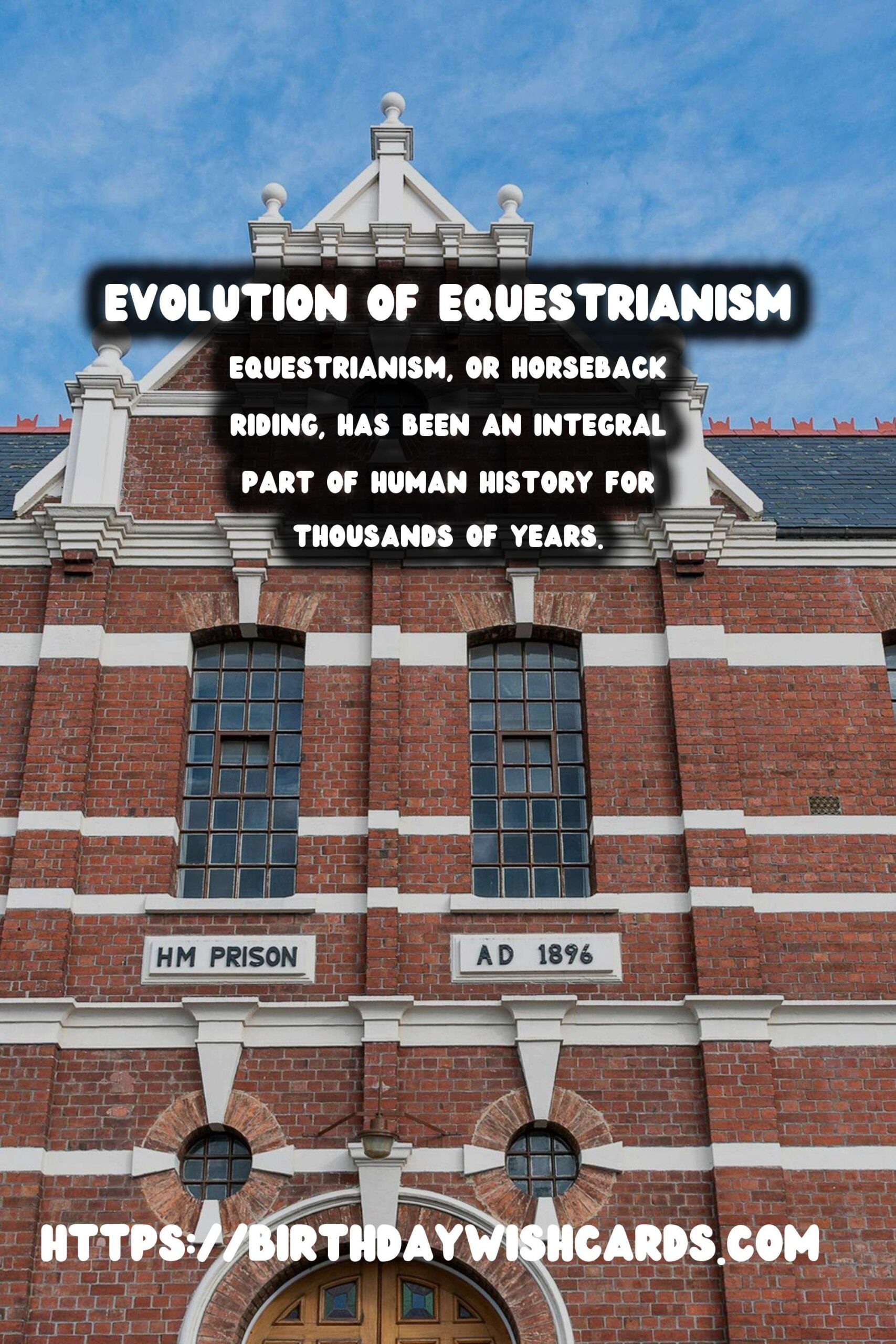
Equestrianism, or horseback riding, has been an integral part of human history for thousands of years. From ancient times to modern sports, the relationship between humans and horses has transformed cultures and societies globally.
Ancient Beginnings
The story of equestrianism begins around 4500-3500 BCE with the domestication of wild horses on the steppes of Central Asia. Early cultures relied on equines for travel, warfare, and farming. These societies recognized the power and speed of horses, which set the stage for their use in various aspects of life.
Archaeological evidence suggests that the Botai culture of Kazakhstan was one of the first to domesticate horses. Their association with horses revolutionized their mobility and trade capabilities.
The Role in Ancient Civilizations
Horses became vital in Egypt, Greece, Rome, and China, greatly influencing military tactics and transportation. The chariots of Egypt are renowned for their role in expansionist campaigns. Similarly, the Greek cavalry was crucial during battles such as those in the Peloponnesian War.
In China, the Han dynasty heralded the cavalry’s importance, using mounted warriors to protect the empire’s vast borders against nomadic invasions.
The Middle Ages and Renaissance
Throughout the medieval period, horseback riding evolved into a symbol of nobility and prowess. Knights on horseback dominated the battlefield, while jousting tournaments became a staple of European culture.
The Renaissance period saw advancements in horseback riding with the development of classical dressage. This form of riding, grounded in principles of balance and harmony, became popular in the courts of Europe, influencing modern riding disciplines.
The Modern Transformation
The industrial revolution marked a decline in the practical use of horses, with the advent of machinery and automobiles. However, it shifted their role towards recreation and sport.
Equestrian competitions became an Olympic staple in the early 20th century, showcasing disciplines such as show jumping, dressage, and eventing. These sports continue to highlight the bond between rider and horse, emphasizing both athletic skill and mutual trust.
Conclusion
Today, equestrianism is a beloved sport and hobby that keeps the ancient tradition of horse riding alive. It reflects not only a historical legacy but a testament to the enduring partnership between humans and horses.
Equestrianism, or horseback riding, has been an integral part of human history for thousands of years. Horses became vital in Egypt, Greece, Rome, and China, greatly influencing military tactics and transportation.
#EquestrianHistory #HorsebackRiding

